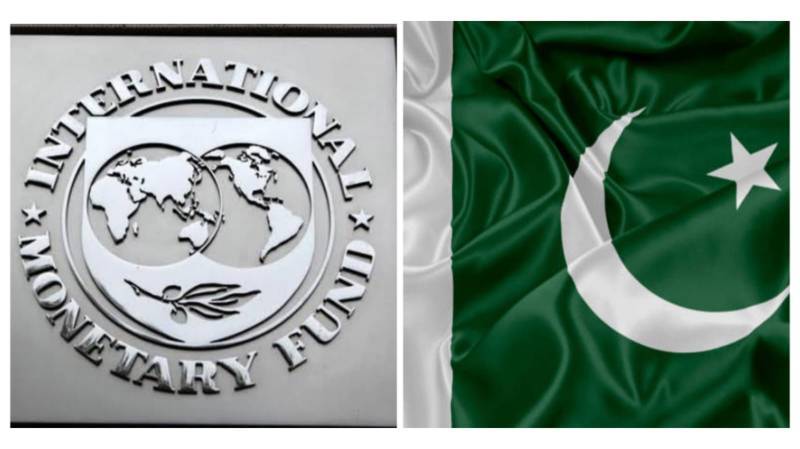Islamabad (Web Desk/Agencies): The International Monetary Fund’s (IMF) Executive Board on Wednesday approved the 37-month Extended Fund Facility (EFF) programme of $7 billion for Pakistan and has authorized the immediate release of the first tranche of about $1 billion.
The staff level agreement between Pakistan and IMF on the arrangement was reached in July this year.
According to IMF press release, the new programme would require sound policies and reforms to support the government’s ongoing efforts to strengthen macroeconomic stability, address deep structural challenges, and create conditions for a stronger, more inclusive, and resilient growth.
Continued strong financial support from Pakistan’s development and bilateral partners will also be critical for the programme to achieve its objectives, it added.
The statement said that Pakistan had taken key steps to restoring economic stability with consistent policy implementation under the 2023-24 Stand-by Arrangement (SBA).
Growth has rebounded (2.4 percent in FY24), supported by activity in agriculture, while inflation has receded significantly, falling to single digits, amid appropriately tight fiscal and monetary policies.
A contained current account and calm foreign exchange market conditions have allowed the rebuilding of reserve buffers. Reflecting disinflation and steadier domestic and external conditions, the State Bank of Pakistan has been able to cut the policy rate by a total of 450 bps since June also supported by an appropriately tight FY25 budget.
However, the statement said despite this progress, Pakistan’s vulnerabilities and structural challenges remain formidable.
Because of the progress and stability achieved under the 9-month 2023 SBA, the government had embarking on renewed efforts to address these challenges, build resilience and enable sustainable growth.
The key priorities under the new EFF-supported program include (i) rebuilding policy making credibility and entrenching macroeconomic sustainability through consistent implementation of sound macro policies and a broadening of the tax base; (ii) advancing reforms to strengthen competition and raise productivity and competitiveness; (iii) reforming SOEs and improving public service provision and energy sector viability; and (iv) building climate resilience.
Earlier, while speaking at “High Level Private Sector Dialogue – CPEC-II and the Region” virtually through Zoom the previous day, Federal Minister for Finance and Revenue, Senator Muhammad Aurangzeb said that Pakistan was committed to do structural reforms under the IMF programme.
He said, Pakistan needed to stay on reforms agenda whether on taxation, energy sector, state-owned enterprises or privatization side. “We will stay on the course,” he resolved.


